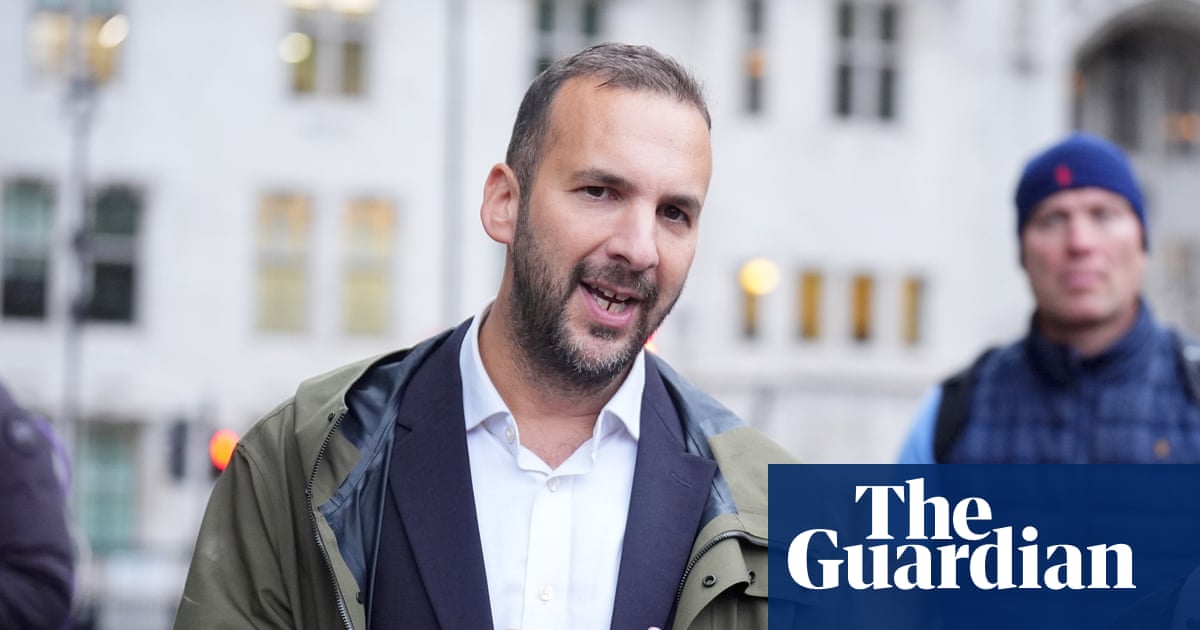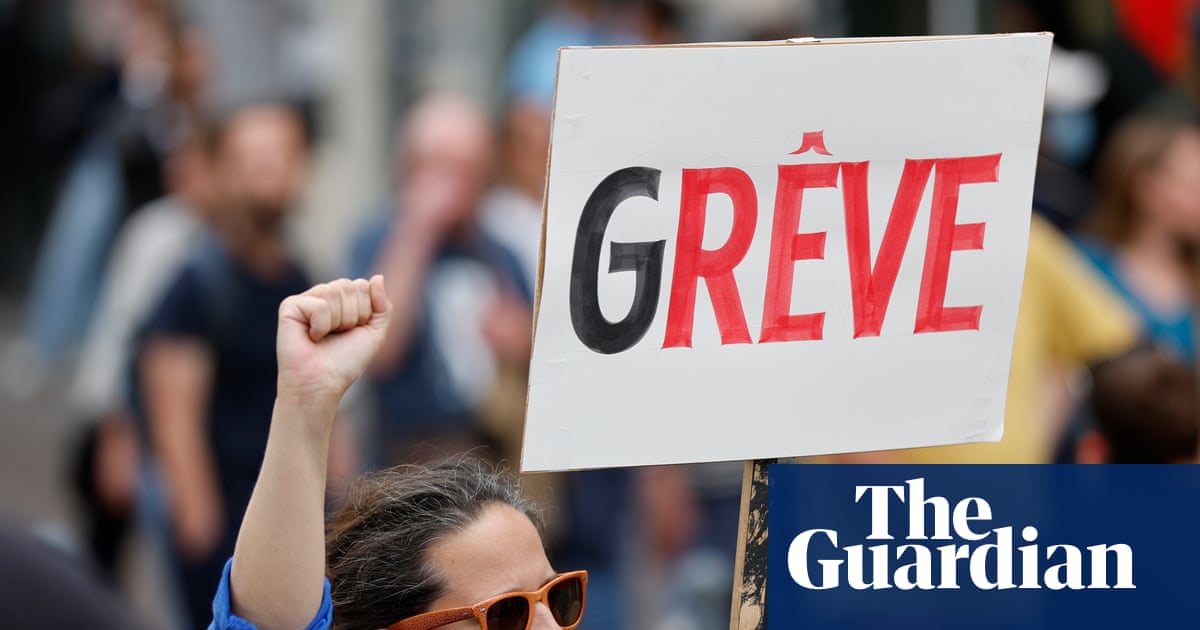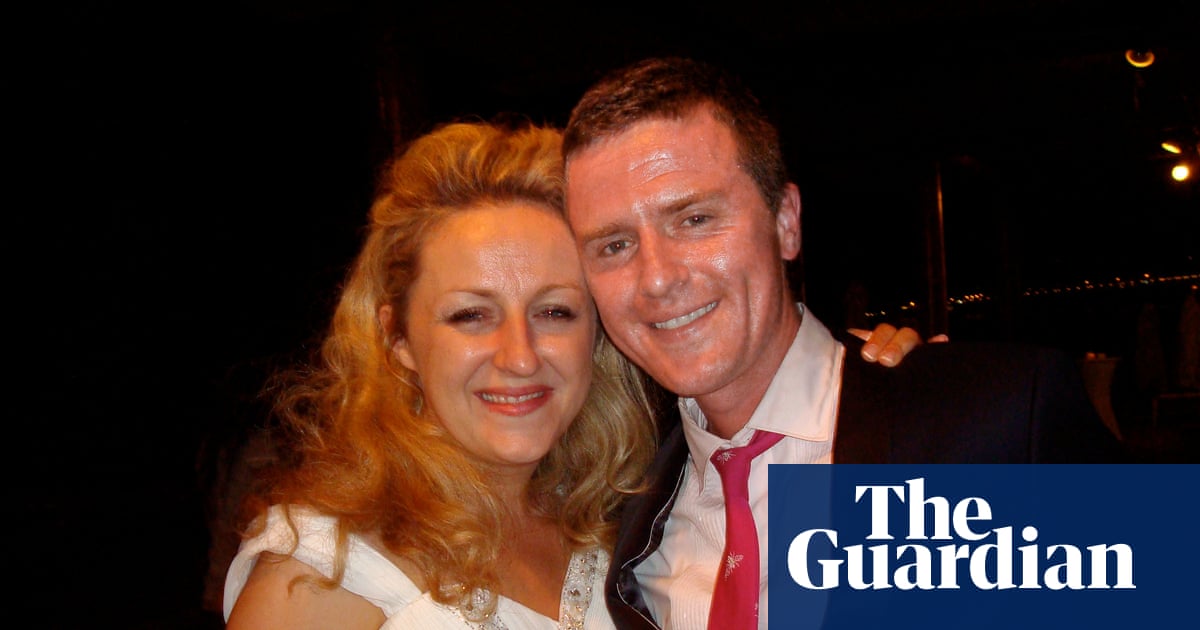Angela Rayner has ruled out running for leader of the Labour party, saying she would “never” consider putting herself forward as prime minister.
Rayner, who is the Labour grassroots’ favourite to replace Keir Starmer, has faced internal criticism after the leaking of a memo where she set out proposals on taxing the wealthy and clamping down on benefits for migrants. Sources close to the deputy prime minister have denied she was behind the leak or was challenging Starmer’s leadership.
“I do not want to run for leader of the Labour party. I rule it out,” she told the BBC’s Laura Kuenssberg programme. “I’m absolutely focused on working with the PM and the cabinet. This is the honour of my life.”
Asked on Sky News, she also ruled out ever running to replace Starmer. “I don’t want to be leader of the Labour party,” she said. “I’m very happy and honoured to be deputy prime minister of this country, and I’ve got a lot in my in-tray to prove that I can do the job that I’m doing and deliver on the milestones for the people of this country.”
Asked to say the word never, she replied: “Never.”
Rayner said there would be an inquiry into who had leaked the private memos, which were given to the Telegraph. “I think there’s one under way, and quite rightly so, because leaks are very damaging. It’s really damaging, because we have lots of sensitive conversations in the round, all of us, and then we make a collective decision,” she said.
“As a matter of principle, I will continue to have those conversations with our government on how we can bring down the cost of living for working people, support children out of poverty, build the houses we said we’re going to do and protect our borders and security.”
Rayner, who is also the housing secretary, had been criticised from some in government for appearing to take advantage of Starmer’s difficulties, including a major Commons rebellion over welfare changes and angst about his language on migration. Allies of Rayner have said the memos, written in March before the spring statement, were intended to be kept private.
In them, Rayner urged the chancellor, Rachel Reeves, to consider wealth tax rises, setting out eight tax measures worth an estimated £3bn to £4bn a year, freezing the 45p rate, reinstating the pensions lifetime allowance and increasing the corporation tax rate for banks.
Rayner also proposed raising dividend tax rates for higher earners and targeting property traders who use corporate structures to avoid stamp duty. The housing secretary also said the government should restrict recently arrived legal migrants’ access to pensions and benefits, and examine whether they should pay more to access the NHS.

 3 months ago
205
3 months ago
205

















































